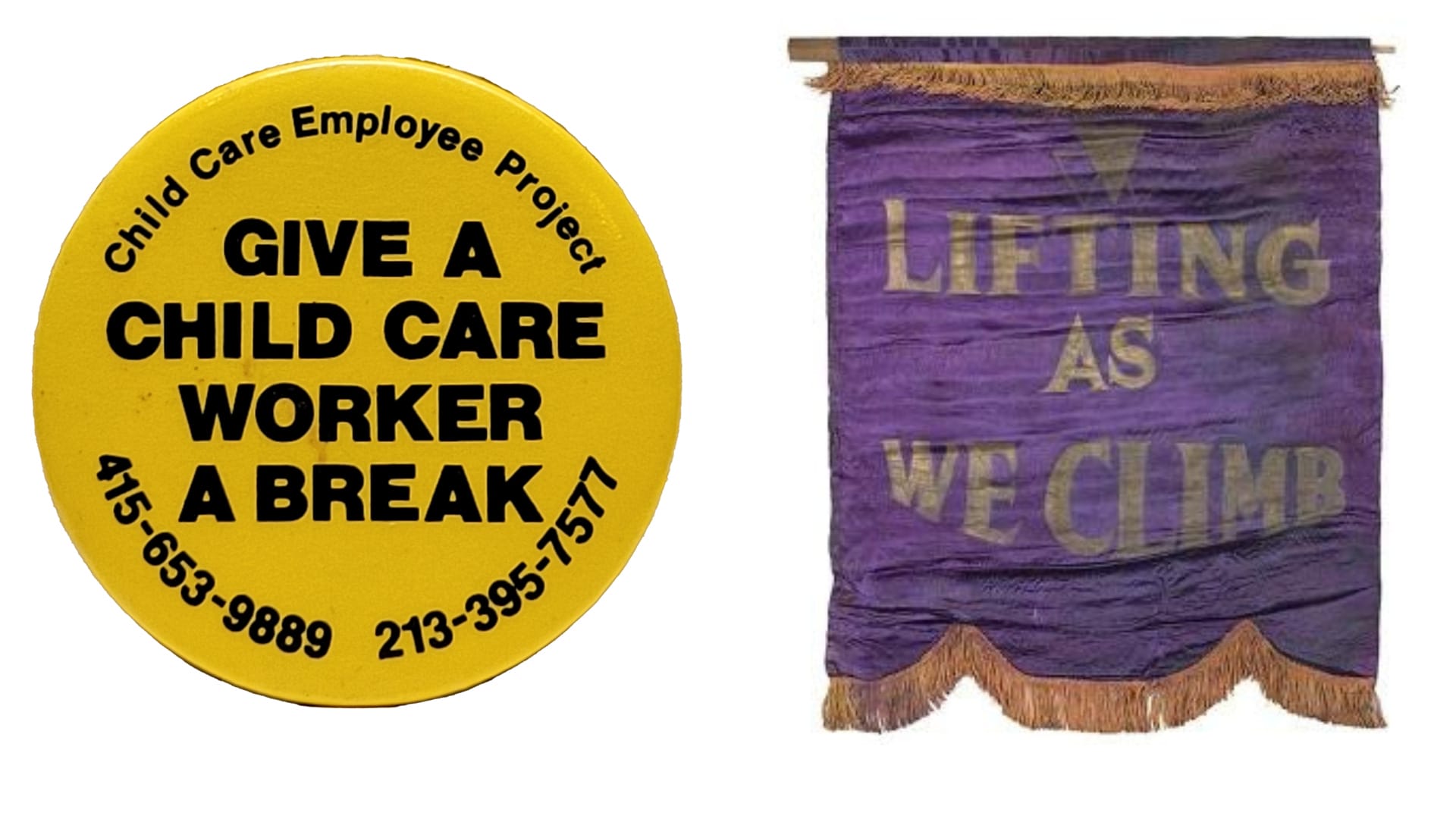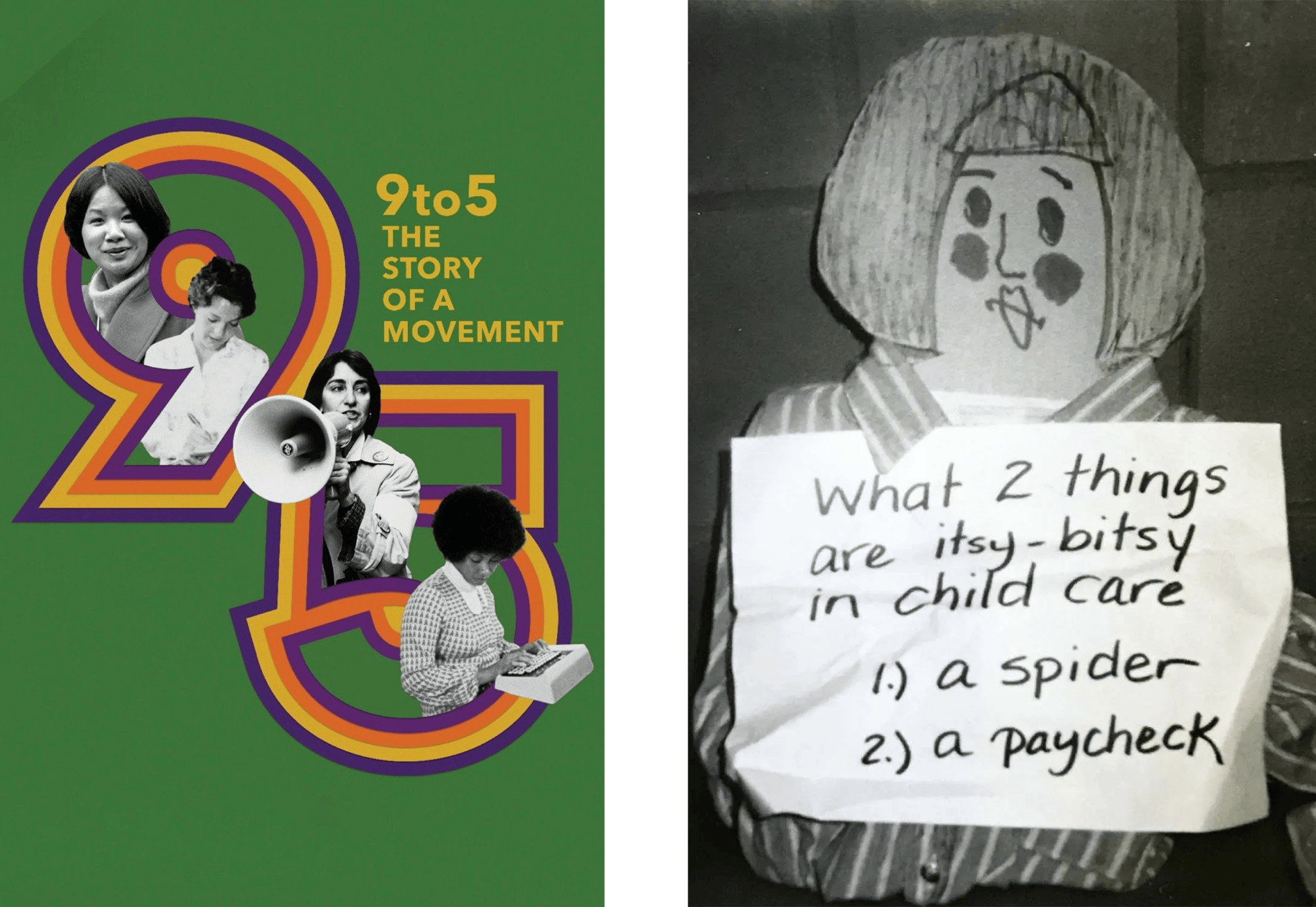Early care and education (ECE) in the United States began as reforms to address the needs of young children in the 19th century. Women, in particular, have always been counted among its leaders, visionaries, thinkers, and organizers. As in many reform initiatives, people in positions of power and privilege disproportionately shaped ECE, but the collective agency of early educators, advocates, and activists has also been key to its development over time.
Though reformers and activists may have agreed on the need to expand care and education, they represented diverse communities and had different ideas about the goals of ECE programs, who they should serve, and how they should be funded and staffed. Programs often reinforced ideologies, attitudes, and policies that were sexist, racist, classist, and anti-immigrant. The ECE system has continued to evolve around the dominant ideas of those with greater power, access, and influence in the political realm, while input from teachers and parents too often goes unheeded and at times has been directly repressed.
We celebrate the creativity, bravery, and determination of these ECE activists. Their stories — our history — cultivate hope for the future and serve as a map to continue this work.
Throughout the history of ECE, activist movements have worked to narrow the gap between the system as it exists and their vision in which all teachers are well paid and respected and all children have a right to well-resourced and culturally affirming environments, no matter their age or race, where they live, or the financial resources or work lives of their parents. Yet, the role of activists has largely been erased from ECE histories. Their aims, visions, and successful organizing strategies have gone unacknowledged, even as their ideas became more widely adopted in later years. Indeed, activists have been central to keeping rights, raises, and respect on the table. Without them, we would not be talking about issues like pay parity or funding ECE as a public good. These movements offer today’s ECE activists a historical perspective on the role government and politics play in sculpting policies and addressing still-relevant challenges.
In this effort, CSCCE’s ECHOES project explores Black women’s commitment to child care and early learning as a key component of eradicating anti-Black oppression and seeking racial and gender justice. This theme was notable during the Progressive Era (1890s-1920s) and again during the last quarter of the 20th century, when early educators organized for “worthy wages” and financing ECE as a public good. Future stories will explore topics such as teachers’ leadership in establishing public kindergarten, federally funded nursery schools during the Depression, coalitions fighting for educational child care during and after WW2, and struggles to expand Head Start in the South during the civil rights movement. There are more stories to unearth about activists promoting ECE services in migrant, Indigenous, and immigrant communities and demands from welfare rights activists and domestic workers for child care and early education as integral to their struggles for economic justice.
Over time, this space will share, reflect, and chronicle current and emerging activism for economic dignity and justice for early educators and the families they serve. We will learn from those who have a long history of collective power striving for social change and justice, as well as those carrying on the struggle today. We celebrate the creativity, bravery, and determination of these ECE activists. Their stories — our history — cultivate hope for the future and serve as a map to continue this work.



